Fenugreek Tea Benefits: 13 Health Advantages & Easy Recipe
Shed those extra pounds and keep cholesterol at bay with this delicious concoction.

Image: Shutterstock
Fenugreek tea benefits are gaining the attention of many health enthusiasts today. Fenugreek (Trigonella foenum-graecum) is one of the most widely used spices in Indian cuisine. It offers many health benefits and was used to treat many health ailments in alternative medicine. Today, its tea is being popularized.
Claims associate this tea with weight loss, better heart health, enhanced digestion, and reduced inflammation.
Know what research says about these benefits. We also have included a fenugreek tea recipe for you. Continue reading.
 Know Your Ingredient: Fenugreek Tea
Know Your Ingredient: Fenugreek TeaWhat Is It?
A light yellow-colored and slightly bitter-tasting liquid made by boiling fenugreek seeds.
What Are Its Benefits?
It may help alleviate inflammation and improve digestion, cardiovascular health, and brain health.
Who Can Consume It?
Anyone except people who are on anticoagulant medication.
How Often?
It can be consumed daily in moderation.
Caution
Overdose may lead to pregnancy complications and a dip in blood glucose levels.
In This Article
What Are The Benefits Of Taking Fenugreek Tea?
The seeds may appear tiny but the list of fenugreek benefits is quite long. Learn more about them below.
1. May Improve Heart Health
Fenugreek tea may lower the levels of cholesterol, which is one of the largest contributors to heart disease. A study shows that taking fenugreek every day can lower blood cholesterol in patients with coronary artery diseasei A disease affecting the heart where the arteries supplying blood to the heart are blocked due to plaque buildup. (1).
As per some rat studies, this can be attributed to the ability of fenugreek to increase the levels of the antioxidant enzyme glutathione, which is known to boost heart health (2).
2. May Aid Digestion

Fenugreek contains water-soluble fiber, which helps treat constipation (3). In fact, fenugreek seeds and its tea have anti-ulcer properties and thus make for a great treatment option for ulcerative colitisi A chronic inflammatory bowel disease that causes painful open sores and inflammation of the digestive tract. and irritable bowel syndrome (4).
The tea has also been used in traditional Chinese medicine to treat digestive issues (5). Some believe that taking the tea after meals can aid digestion.
 Trivia
Trivia3. May Help Fight Inflammation
Fenugreek contains linolenic and linoleic acids, both of which offer anti-inflammatory benefits
(6). Traditional Chinese medicine also considers fenugreek a powerful inflammation fighter.
Moreover, the tea can act as an anti-arthritic as it has similar effects on arthritisi A common condition that affects the joints and damages the cartilage, resulting in pain, inflammation, and difficulty in movement. symptoms as well. In an Indian study, fenugreek was found to have beneficial effects on arthritic rats (7).
Other research also suggests that fenugreek mimics estrogen. It can help reduce the risk of auto-immune conditionsi A condition where the body attacks one’s own immune system by killing or attacking the healthy cells. (arthritisi A common condition that affects the joints and damages the cartilage, resulting in pain, inflammation, and difficulty in movement. is one of them) (8).
4. May Promote Weight Loss

Some rat studies have shown that fenugreek seed extract can inhibit fat accumulation and help reverse high-fat levels (9). Another study showed that the intake of this metabolism booster seed in concoction form could lead to reduced fat consumption, even in healthy adults (10). This shows the potential of using fenugreek seeds for weight loss.
Mobola, a YouTuber, shared how fenugreek tea helped her regulate her menstrual cycle and weight loss. She said, “I noticed that I lost weight drastically (i).” She further said, “My period came earlier like two days to the normal time.”
5. May Aid Diabetes Treatment

The soluble fiber in fenugreek can lower blood sugar levels. It achieves this by slowing down the absorption of carbohydrates (11).
An Iranian study that evaluated the efficacy of fenugreek for diabetes, states that it can have beneficial effects on type 2 diabetes (12). The study suggests that taking fenugreek seeds soaked in hot water (as tea) may help in this regard.
6. May Boost Brain Function
A compound in fenugreek (called trigonelline) was found to have brain-boosting effects (13). Further research suggests that the tea may slow down the progression of age-related memory loss and improve cognitive function. It may also reduce the risk of brain ailments like Alzheimer’s and Parkinson’s (14).
Fenugreek tea can also reduce aluminum toxicity, thereby preventing brain disease (14).
7. May Enhance Male Sexual Health
Supplementation with fenugreek seeds showed increased testosterone levels in male subjects. These not only improved their resistance training but also seemed to enhance their libido (15).
Other preliminary studies show that the intake of fenugreek can improve sexual arousal, energy, and stamina in men. It also helps men maintain their normal healthy testosterone levels (16).
8. May Be Beneficial During Breastfeeding

According to a study, fenugreek seeds are among the most potent herbal galactagogues (substances that promote lactation in humans and other animals) (17). The tea could be a healthy addition to the diet for promoting breast milk production.
9. May Offer Respiratory Relief

Fenugreek tea was believed to have been used by the Egyptians thousands of years ago for relieving respiratory ailments. Studies show that the aqueous extracts of fenugreek seeds can help treat asthma (18).
Anecdotal evidence suggests that the tea may also heal a sore throat. However, more research is warranted in this regard.
10. May Fight Premature Aging
Fenugreek tea, especially the one made from germinated seeds, exhibits higher antioxidant activity (19). Antioxidants help prevent the symptoms of photo-induced aging of the skin (20). Hence, this tea can be beneficial as an anti-aging solution.
11. May Treat Dandruff
Fenugreek extracts have antifungal properties. In studies, fenugreek leaf extract was used to treat seborrheic dermatitis and dandruff (21). You may also use the tea for this purpose. Once you are done shampooing, rinse your hair with the tea. You can also rinse your hair with the tea after using the conditioner.
12. May Improve Liver Health
Fenugreek has anti-hyperglycemic effects and may help with insulin sensitivity. It also has antioxidant, anti-inflammatory, and hepatoprotective capabilities. As a result, it could be utilized to treat nonalcoholic fatty liver disease (22). However, more research is needed to confirm these effects and to determine the optimal dose and duration of use. As with any herbal supplement or alternative therapy, it’s always best to consult with a healthcare professional before using fenugreek tea or any other supplement for liver health.
13. May Help In Detoxification
Fenugreek tea is often suggested as a natural remedy for detoxification due to its potential diuretic and antioxidant properties. However, there is limited scientific evidence to support the effectiveness of fenugreek tea for detoxification purposes.
These are the ways fenugreek tea can improve your health and life. In the following section, we have discussed how to make the tea at home.
Key Takeaways
- From your heart issues to cholesterol levels, fenugreek tea can help control them all.
- It also has the potential to treat hair issues like dandruff and an itchy scalp.
- Consume this drink at least once a day for effective results; you can have it hot or cold.
- Adding honey or stevia will help sweeten fenugreek tea.
How To Make Fenugreek Tea
Making fenugreek tea is simple. You need a few fenugreek seeds. Follow the procedure given below:
- Crush the seeds with a mortar and pestle.
- Boil water in a kettle. Pour it into a teapot or a container.
- Add the crushed fenugreek seeds. You can also add other herbs and loose tea leaves.
- Cover and steep the seeds for about 3 minutes.
- Strain through a tea strainer into a cup or another container.
- You can also sweeten it with honey or stevia.
- Drink the tea hot or cold.
 Quick Tip
Quick TipBefore you go about preparing the tea, there is something you need to know – the tea may not be for everyone. Even though this tea has a high nutritive value, excess consumption may cause adverse effects in some individuals. We will explore those in the following section.
What Are The Side Effects Of Fenugreek Tea?
- Issues During Pregnancy
According to rat studies, consuming fenugreek seeds during pregnancy may cause growth retardation in the child. The seeds may also alter the neurobehavioral performance of the child (23). The impact of the seeds/tea on human pregnancies is yet to be studied. Hence, stay safe and avoid use if you are pregnant.
- May Lower Blood Sugar Way Too Much
As fenugreek can lower blood sugar, taking the tea along with blood sugar or diabetes medications may cause problems. Limited research is available in this aspect. However, please check with your doctor before consuming the tea.
- Allergies
Though fenugreek allergies are rare, a couple of individuals reported experiencing allergies after consuming fenugreek. The allergic symptoms included wheezing, fainting, head numbness, and facial swelling (24). Hence, if you have a food allergy, exercise caution before taking fenugreek tea.
Note: It is important to speak with a healthcare professional before taking fenugreek tea, especially for people with health issues or taking medications that may interact with fenugreek.
Infographic: Important Benefits Of Drinking Fenugreek Tea
As we know drinking fenugreek tea has many health benefits and helps in treating so many ailments. It’s fiber-rich and has antioxidant properties, antibacterial properties, and antiviral properties. Fenugreek tea also has antimicrobial properties and astringent properties. That’s why it is used widely in various forms to boost overall health. While you might be caught up on all the benefits of fenugreek tea, there are a few major ones you should keep in mind.
Check the infographic below to know how drinking tea brewed from fenugreek seeds benefits your health.
Some thing wrong with infographic shortcode. please verify shortcode syntax
Fenugreek has a long history in alternative medicine for its therapeutic values. It has been traditionally used for its potential wound-healing properties. Fenugreek tea is also gaining a lot of attention among health enthusiasts. Intake of fenugreek tea benefits your health in many ways. It may lower cholesterol levels, aid in digestion, help fight inflammation, promote weight loss, lower blood sugar levels, and boost brain function. In addition, it helps improve skin health by fighting premature aging signs, and hair health by combating dandruff. However, excess consumption may cause some side effects, including issues during pregnancy and allergic reactions. Hence, consume it in moderation to enjoy its many benefits.
Frequently Asked Questions
Can you drink fenugreek tea every day?
Eva De Angelis, Dietitian Nutritionist, says, “Yes, fenugreek tea is usually safe for everyone. Plus, is a great option to reduce menstrual cramps.”
What time of day should I drink fenugreek tea?
De Angelis says, “You can have fenugreek tea first thing in the morning or before you go to bed to relieve menstrual cramps.”
Can you drink fenugreek tea on an empty stomach?
You can drink fenugreek tea on an empty stomach. Eva De Angelis agrees to that and adds, “Yes, there are no side effects of drinking fenugreek tea on an empty stomach. Some research shows that it may even help you boost your metabolism and aid in weight loss, but more research is needed.”
Is fenugreek tea good for the kidneys?
De Angelis says, “Fenugreek seeds, and their tea, can help take care of our kidneys since they can reduce fasting glucose levels, blood pressure levels, and glomerular filtration (which is the rate at which our kidneys work).”
Is fenugreek tea a laxative?
De Angelis says, “Some people claim that fenugreek tea helps them to reduce constipation, but there´s still not enough evidence to recommend this tea as a laxative.”
How much fenugreek tea should I drink?
Three cups of tea per day should do. The ideal dosage of the tea has not been established yet.
How long does it take for fenugreek to work?
There is some research with respect to breastfeeding. Fenugreek was found to increase milk production in breastfeeding women within 24-72 hours of intake (25).
Does fenugreek tea help with sleep?
Studies suggest that fenugreek seeds may help improve your sleep by reducing your anxiety (26). However, further studies need to be done to support this claim.
Does fenugreek tea help with gas?
While fenugreek seeds are commonly used as a medicine, they may cause gastrointestinal side effects like nausea, flatulence, and diarrhea (27).
Illustration: Incredible Benefits Of Fenugreek Tea + How To Make It

Image: Stable Diffusion/StyleCraze Design Team
Sip on the amazing health benefits of fenugreek tea! Check out this video and learn how this herbal tea can help improve digestion, reduce inflammation, and boost immunity.
Personal Experience: Source
StyleCraze's articles are interwoven with authentic personal narratives that provide depth and resonance to our content. Below are the sources of the personal accounts referenced in this article.
i. how to lose weight fast | fenugreek seed for weight loss | fat burning tea | lose stubborn belly fathttps://www.youtube.com/watch?v=LUMrVD1UrI0
References
Articles on StyleCraze are backed by verified information from peer-reviewed and academic research papers, reputed organizations, research institutions, and medical associations to ensure accuracy and relevance. Read our editorial policy to learn more.
- Effect of ginger (Zingiber officinale Rosc.) and fenugreek (Trigonella foenumgraecum L.) on blood lipids blood sugar and platelet aggregation in patients with coronary artery disease
https://pubmed.ncbi.nlm.nih.gov/9175175/ - Dietary fenugreek (Trigonella foenum-graecum) seeds and garlic (Allium sativum) alleviates oxidative stress in experimental myocardial infarction
https://www.sciencedirect.com/science/article/pii/S2213453016301598 - Diets for Constipation
https://www.ncbi.nlm.nih.gov/pmc/articles/PMC4291444/ - Herbal Medicine in the Treatment of Ulcerative Colitis
https://www.ncbi.nlm.nih.gov/pmc/articles/PMC3271691/ - LiverTox: Clinical and Research Information on Drug-Induced Liver Injury [Internet].
https://www.ncbi.nlm.nih.gov/books/NBK548826/ - Anti-inflammatory activity of fenugreek ( Trigonella foenum-graecum Linn) seed petroleum ether extract
https://pubmed.ncbi.nlm.nih.gov/27756958/ - Anti-inflammatory and antioxidative effects of mucilage of Trigonella foenum graecum (Fenugreek) on adjuvant induced arthritic rats
https://pubmed.ncbi.nlm.nih.gov/22155102/ - Therapeutic Uses of Fenugreek (Trigonella foenum-graecum L.)
https://www.researchgate.net/publication/295869478_Therapeutic_Uses_of_Fenugreek_Trigonella_foenum-graecum_L - Fenugreek Seed Extract Inhibit Fat Accumulation and Ameliorates Dyslipidemia in High Fat Diet-Induced Obese Rats
https://www.ncbi.nlm.nih.gov/pmc/articles/PMC4020548/ - A fenugreek seed extract selectively reduces spontaneous fat consumption in healthy volunteers
https://pubmed.ncbi.nlm.nih.gov/19809809/ - A simple dietary addition of fenugreek seed leads to the reduction in blood glucose levels: A parallel group randomized single-blind trial
https://www.ncbi.nlm.nih.gov/pmc/articles/PMC5954247/ - Effect of fenugreek seeds on blood glucose and lipid profiles in type 2 diabetic patients
https://pubmed.ncbi.nlm.nih.gov/19839001/ - Trigonelline: a plant alkaloid with therapeutic potential for diabetes and central nervous system disease
https://pubmed.ncbi.nlm.nih.gov/22680628/ - Fenugreek Seed Powder Nullified Aluminium Chloride Induced Memory Loss Biochemical Changes Aβ Burden and Apoptosis via Regulating Akt/GSK3β Signaling Pathway
https://www.ncbi.nlm.nih.gov/pmc/articles/PMC5125597/ - Beneficial effects of fenugreek glycoside supplementation in male subjects during resistance training: A randomized controlled pilot study
https://www.ncbi.nlm.nih.gov/pmc/articles/PMC6191980/ - Physiological aspects of male libido enhanced by standardized Trigonella foenum-graecum extract and mineral formulation
https://pubmed.ncbi.nlm.nih.gov/21312304// - Systematic Review of Breastfeeding and Herbs
https://www.ncbi.nlm.nih.gov/pmc/articles/PMC3523241/ - Investigating the effectiveness of the Trigonella foenum-graecum L. (fenugreek) seeds in mild asthma: a randomized controlled trial
https://www.ncbi.nlm.nih.gov/pmc/articles/PMC5930943/ - Antioxidant properties of germinated fenugreek seeds
https://pubmed.ncbi.nlm.nih.gov/16317656// - Role of antioxidants in the skin: anti-aging effects
https://pubmed.ncbi.nlm.nih.gov/20399614// - Fenugreek Leaf Extract and Its Gel Formulation Show Activity Against Malassezia furfur
https://pubmed.ncbi.nlm.nih.gov/31524496/ - Comparison of the efficacy of oral fenugreek seeds hydroalcoholic extract versus placebo in nonalcoholic fatty liver disease; a randomized triple-blind controlled pilot clinical trial
https://www.ncbi.nlm.nih.gov/pmc/articles/PMC7282687/#:~:text=%5B5%2C6%2C7%2Cbe%20used%20to%20treat%20NAFLD. - The developmental neurobehavioral effects of fenugreek seeds on prenatally exposed mice
https://pubmed.ncbi.nlm.nih.gov/22178172/ - Allergy to fenugreek (Trigonella foenum graecum)
https://pubmed.ncbi.nlm.nih.gov/9087156// - Which Benefits and Harms of Using Fenugreek as a Galactogogue Need to Be Discussed during Clinical Consultations? A Delphi Study among Breastfeeding Women Gynecologists Pediatricians Family Physicians Lactation Consultants and Pharmacists
https://www.ncbi.nlm.nih.gov/pmc/articles/PMC5937604/?report=classic - Effect of methanol extract of Trigonella foenum-graecum L. seeds on anxiety sedation and motor coordination
https://pubmed.ncbi.nlm.nih.gov/27639708/ - Fenugreek
https://pubmed.ncbi.nlm.nih.gov/30000838/
Read full bio of Alexandra Dusenberry
- Eva De Angelis is a Dietitian Nutrionist from Argentina. She specializes in food and nutrition education, and healthy cooking. She has a Bachelor’s degree in Human Nutrition and Dietetics from ISalud University, a postgraduate certificate in Nutrition, Gastronomy, and Health, a culinary diploma, and an intermediate-level technical degree in Food Science.
 Eva De Angelis is a Dietitian Nutrionist from Argentina. She specializes in food and nutrition education, and healthy cooking. She has a Bachelor’s degree in Human Nutrition and Dietetics from ISalud University, a postgraduate certificate in Nutrition, Gastronomy, and Health, a culinary diploma, and an intermediate-level technical degree in Food Science.
Eva De Angelis is a Dietitian Nutrionist from Argentina. She specializes in food and nutrition education, and healthy cooking. She has a Bachelor’s degree in Human Nutrition and Dietetics from ISalud University, a postgraduate certificate in Nutrition, Gastronomy, and Health, a culinary diploma, and an intermediate-level technical degree in Food Science.
Read full bio of Ravi Teja Tadimalla
Read full bio of Arshiya Syeda
Read full bio of Aparna Mallampalli







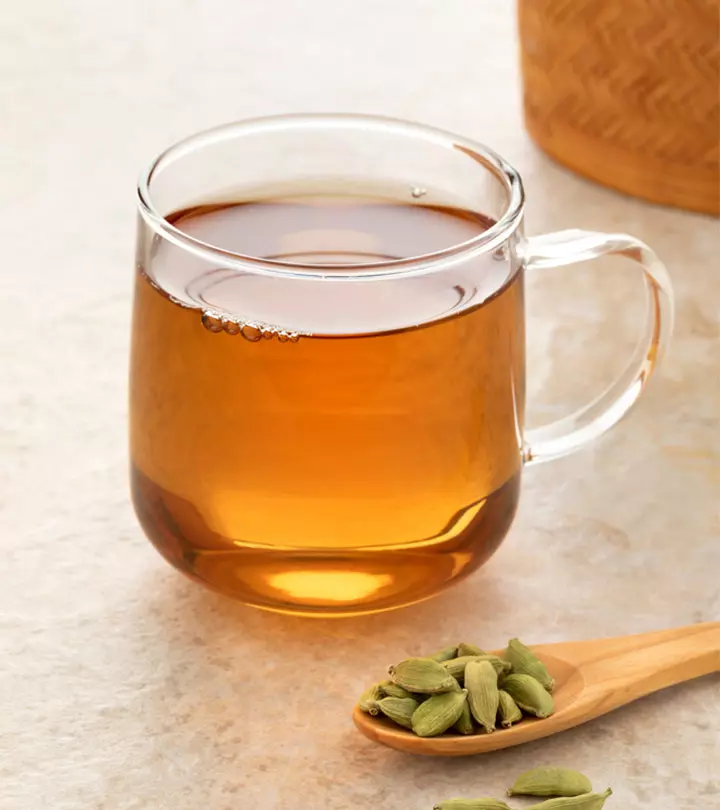
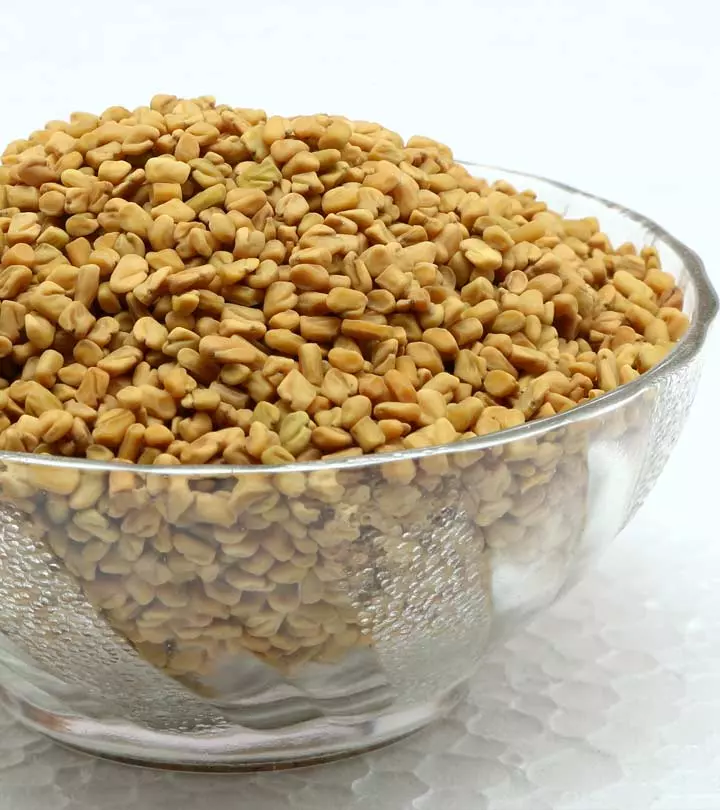
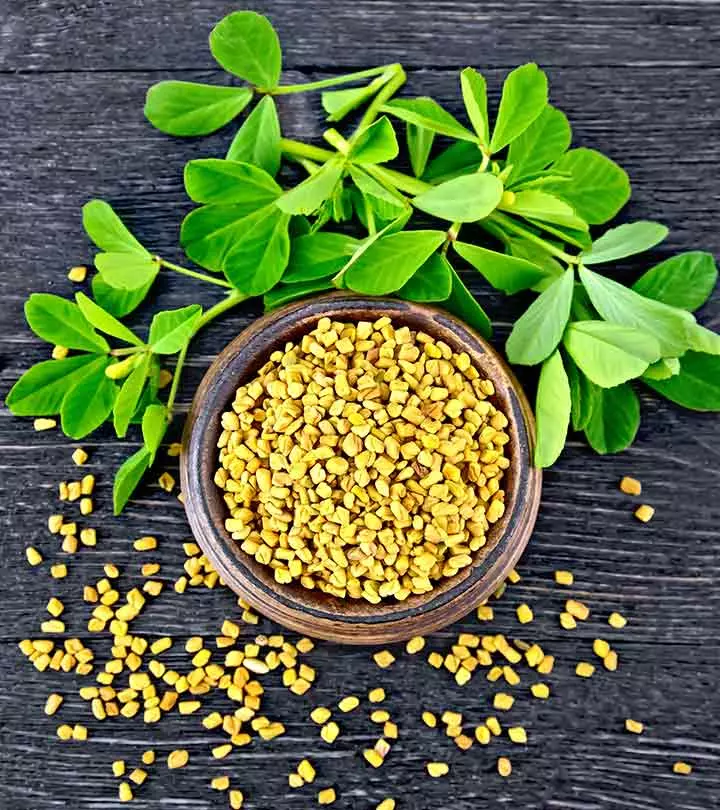

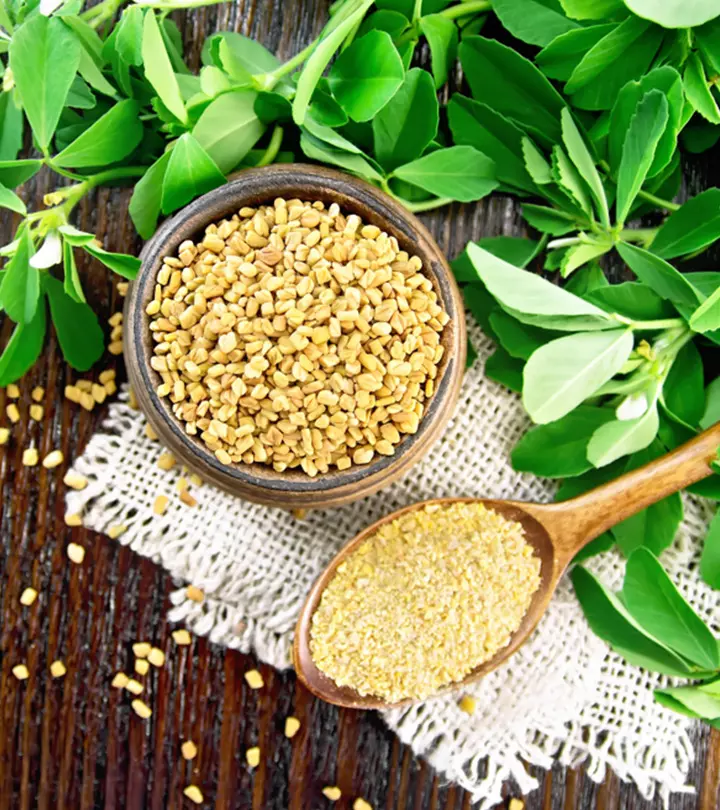
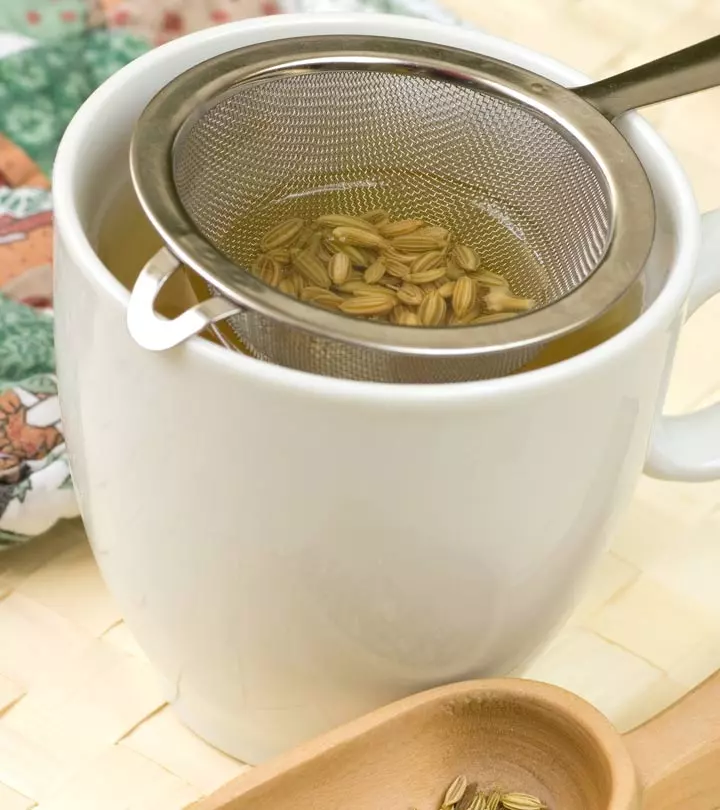
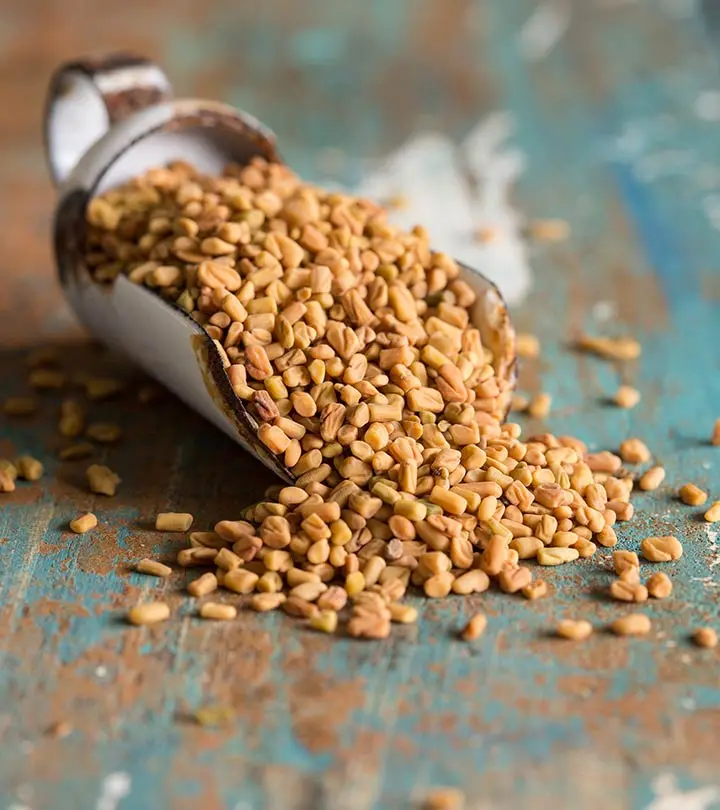
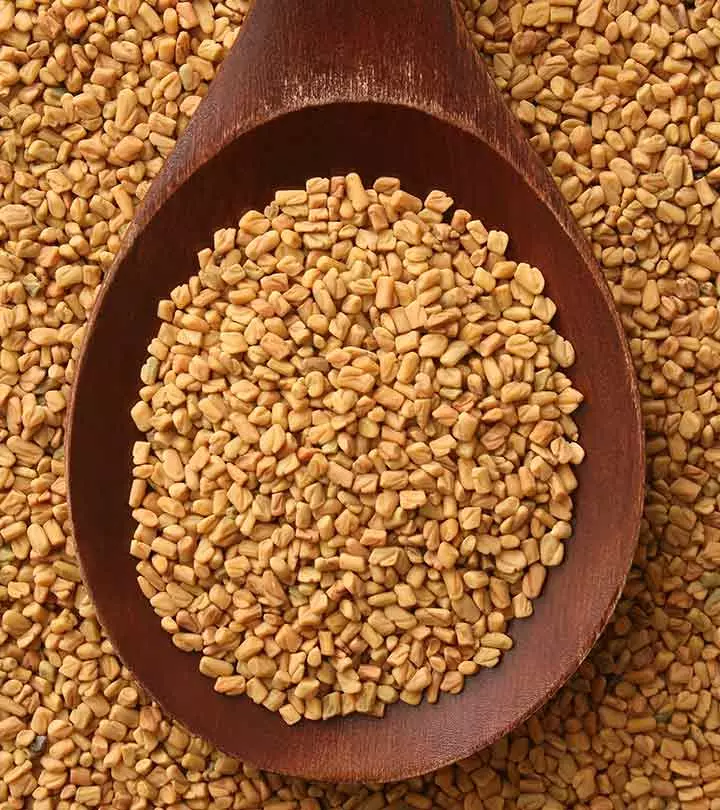





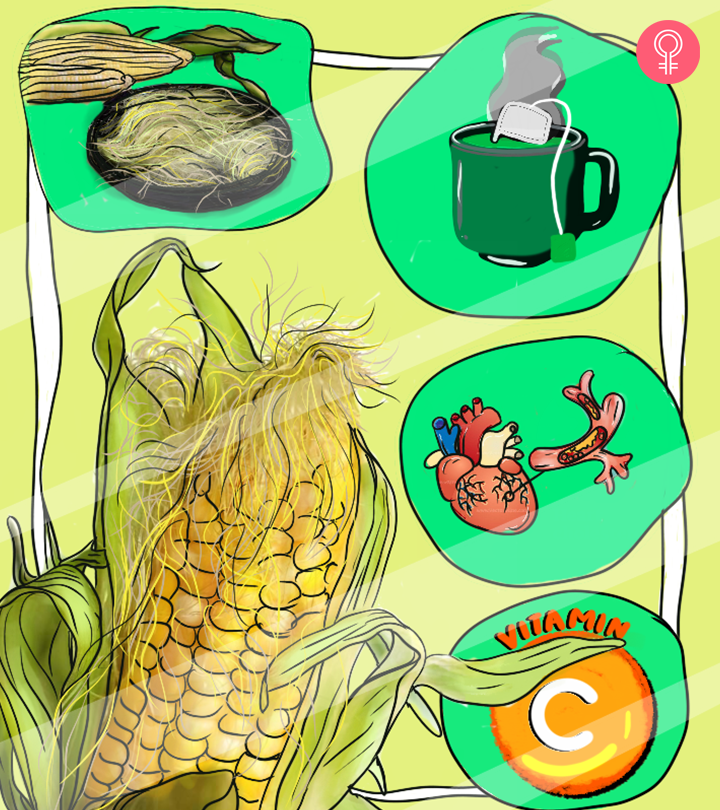
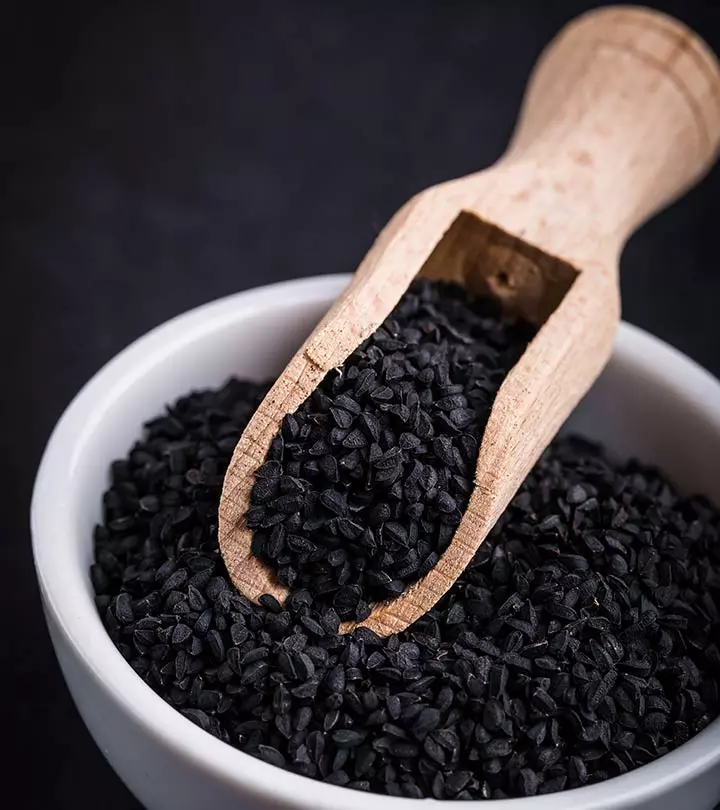



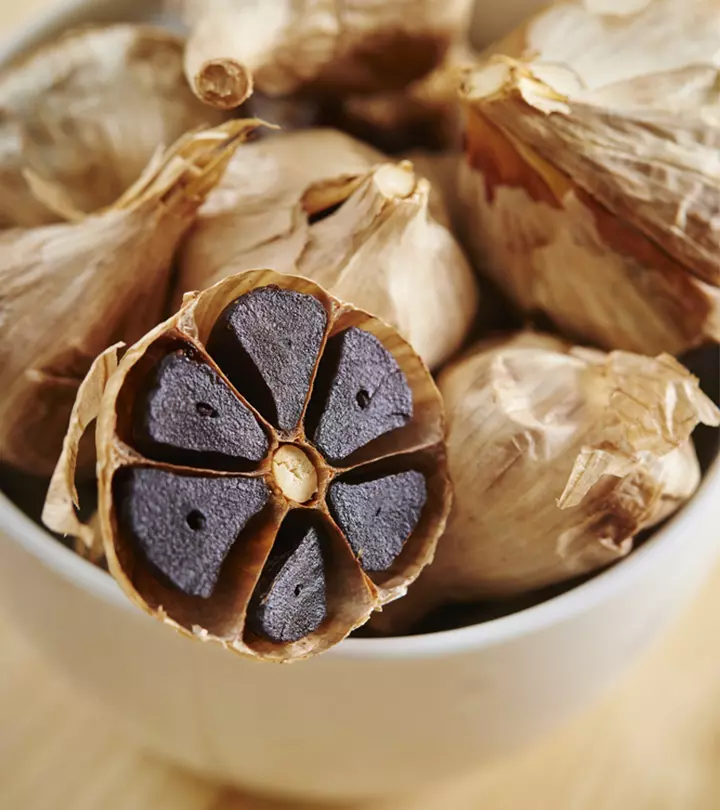
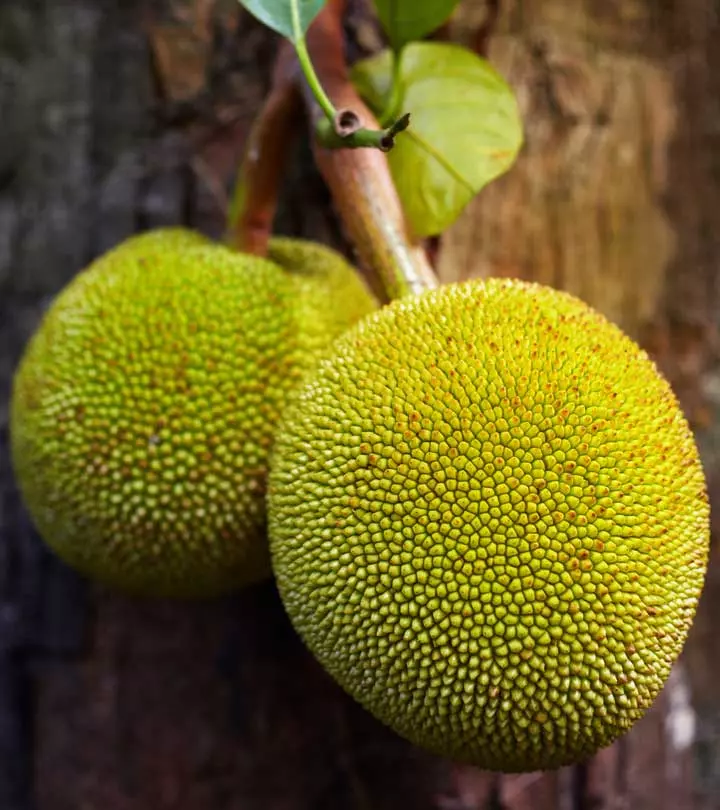
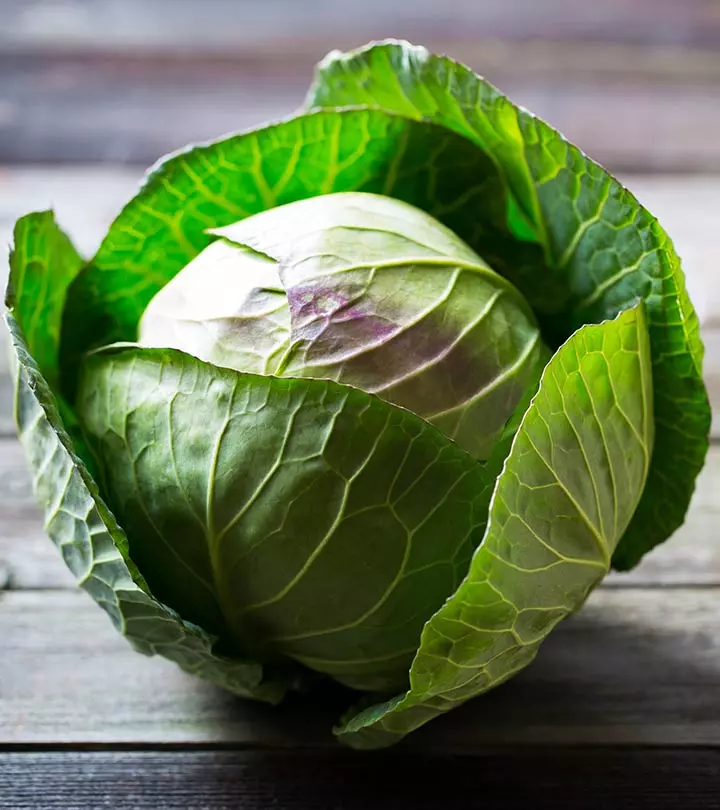
Community Experiences
Join the conversation and become a part of our empowering community! Share your stories, experiences, and insights to connect with other beauty, lifestyle, and health enthusiasts.